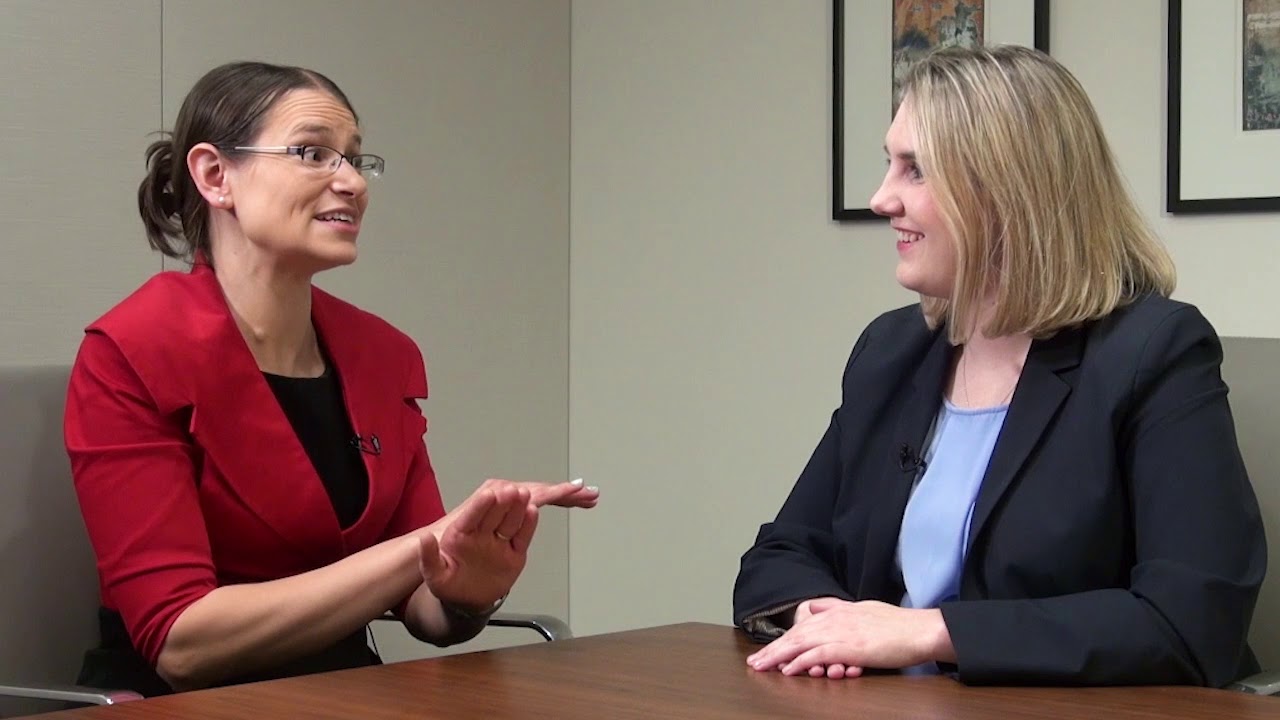Putting Controls in Place to Protect Businesses from Fraud

Jen: This is the PKF Texas Entrepreneur’s Playbook. I’m Jen Lemanski, and I’m back again with Danielle Supkis Cheek, a director and one of our Certified Fraud Examiners. Danielle, welcome back to the Playbook.
Danielle: Thank you, Jen.
Jen: We’ve done a whole series on fraud, and I’ve heard people say, “Cash is king.” What can companies do to protect their cash?
Danielle: It’s actually… I won’t say “easy” but pretty cost-effective measures that can be put in place. Usually you have to work with your bank and see what treasury management your bank has, but honestly, requesting meeting with your treasury management department at your bank for your commercial banker and they will be able to go through a lot of the options. The biggest one I push is something about ACH protections.
What you need to initiate in ACH… Let’s use a personal example: you go to your online electric bill provider, and they say, “Do you want to pay by e-check?” because that’s cheaper than charging you for the 1-3% they try to charge you. And so, you put in your routing number and your account number – and what’s on every single check you’ve ever issued is your routing number and your account number – and so those checks are out there.
That means your account number is out there, and your routing number is out there. So, you need to protect an ACH, because those monies come out of your account; once they’re gone, they’re gone. Business bank accounts are different than individual bank accounts; individual bank accounts, usually, there’s some consumer protection. You call up, you say, “Hey, I’ve had fraud, and Bank, please give me my money back.”
Jen: And they say, “Oh, okay. Sure!”
Danielle: Okay, sure. Commercial accounts don’t work like that; the money is gone, the money is gone. You can call the police, and they can try to investigate; it crosses international, it crosses state borders – it’s gone.
Jen: It’s gone.
Danielle: So ACH protections… Either some kind of ACH filtering where you only allow certain ACHs, because if you stop everything, that’s okay – you can block all ACHs from coming out of your account. But don’t forget your payroll usually comes out through ACH, and when you pay credit cards, those usually come out through ACH. And when you do pay by those e-checks, those actually come out by ACH. So, you can put a list together or an ACH filtering.
They now have features that are similar to positive pay for ACH where your positive pay is – before any check is released and paid by the bank, you have to upload a batch file, it has to match on the batch file. If it doesn’t match, it doesn’t get paid, it goes to an exception; they now have similar things for ACH. And so, there’s a lot of different protections that you can out on your accounts. It costs a little money with your treasury management but honestly…
Jen: It’s worth it rather than having the fraud occur.
Danielle: Exactly.
Jen: So, it sounds like it would benefit from putting some controls in place. What benefits do you see from that?
Danielle: Of course there’s always benefits from putting controls in place. It’s really good to work those two in tandem; those treasury management controls that are real stop gaps at the bank, as well as internal policies and procedures. What’s really nice about when you tighten internal controls in the aggregate, is if you do have a fraud risk, or, “Yeah, maybe I’m concerned that I have some fraud and I don’t know where it is.” If you tighten down controls and things stop leaking away and things get a little bit more like, “Yeah, those numbers seem more reasonable,” or even if you don’t know what the numbers should be, you just see the trend.
And what you can do is actually do a fraud investigation where you compare the post-tightened down controls, so you get this nice benefit of you get the better controls, as well as you know what your spend is really supposed to be. You go compare it to your old numbers, and you can start looking at what are those differences, do some data analytics and start doing a really focused investigation usually will keep your fraud investigation cheaper, because you don’t have to look at everything under the sun. And so, the fee actually can be very reasonable, and you get that nice benefit of having a better control environment going forward.
Jen: Perfect. Thanks. We’ll get you to talk more about this, because this is really interesting.
Danielle: Thanks. I’d love to.
Jen: For more about this topic, visit PKFTexas.com. This has been another Thought Leader production brought to you by PKF Texas the Entrepreneur’s Playbook. Tune in next week for another chapter.

